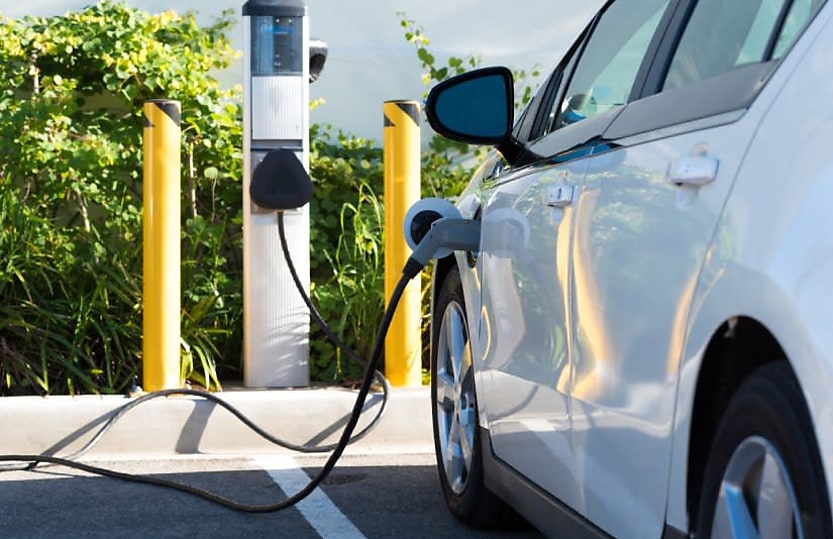Coalition vows to scrap FBT exemption for electric vehicles

The Coalition has said it would scrap the popular FBT exemption for electric vehicles in its efforts to slash government spending.
The Liberal party has called the fringe benefits tax exemption for electric vehicles a wasteful and poorly designed policy, and pledged to axe it if they came to power.
“The Coalition will … unwind Labor’s taxpayer-funded and badly designed electric car subsidies, saving upwards of $3bn over the forward estimates and $23bn over the medium term,” Peter Dutton said in a joint statement with shadow treasurer Angus Taylor and shadow finance minister Jane Hume on Wednesday.
Commentators warned that scrapping the tax exemption for electric vehicles would negatively impact households in the outer suburbs that had invested in an electric car, which have lower operating costs than fossil fuel vehicles and smaller environmental footprints.
“Winding back the EV FBT exemption would disproportionately affect average working Australians in the outer suburbs, such as Werribee in south-west Melbourne, Baulkham Hills in north-west Sydney and Springfield south-west of Brisbane, where the policy has seen the most significant uptake,” Rohan Martin, chief executive of the National Automotive Leasing and Salary Packaging Association (NALSPA) warned.
Martin added that the policy wind-back didn’t align with the Coalition’s other election pledges to reduce voters’ living expenses, including scrapping New Vehicle Efficiency Standard penalties and halving the fuel excise, because the EV FBT exemption successfully delivered on all those fronts.
NALSPA argued that the tax exemption was beneficial to many living in the outer suburbs, and served as an important source of tax relief for middle-income workers during the cost of living crisis.
“Cars are a major household expense, and this policy is helping to keep the costs of owning these vehicles down which in turn reduces emissions and running costs for working families,” Martin said.
“We’re seeing a diverse range of workers making the most of the EV FBT exemption, including many teachers and healthcare workers. Importantly, lower-to middle-income earners see the most significant tax savings relative to their income through novated leasing.”
Industry leaders pointed out that electric vehicles had lower running costs than fossil fuel vehicles, making them a robust source of savings for car-dependent households.
“This policy is helping more Australians afford the upfront cost of an EV. Owning an EV can save drivers up to $3,000 per year in fuel and maintenance costs,” Julie Delvecchio, chief executive of the Electric Vehicle Council, said in a statement.
“The electric car discount doesn’t just reduce the upfront cost for new car buyers – it also grows the second-hand EV market, allowing even more Australians to benefit from affordable, sustainable transport.”






